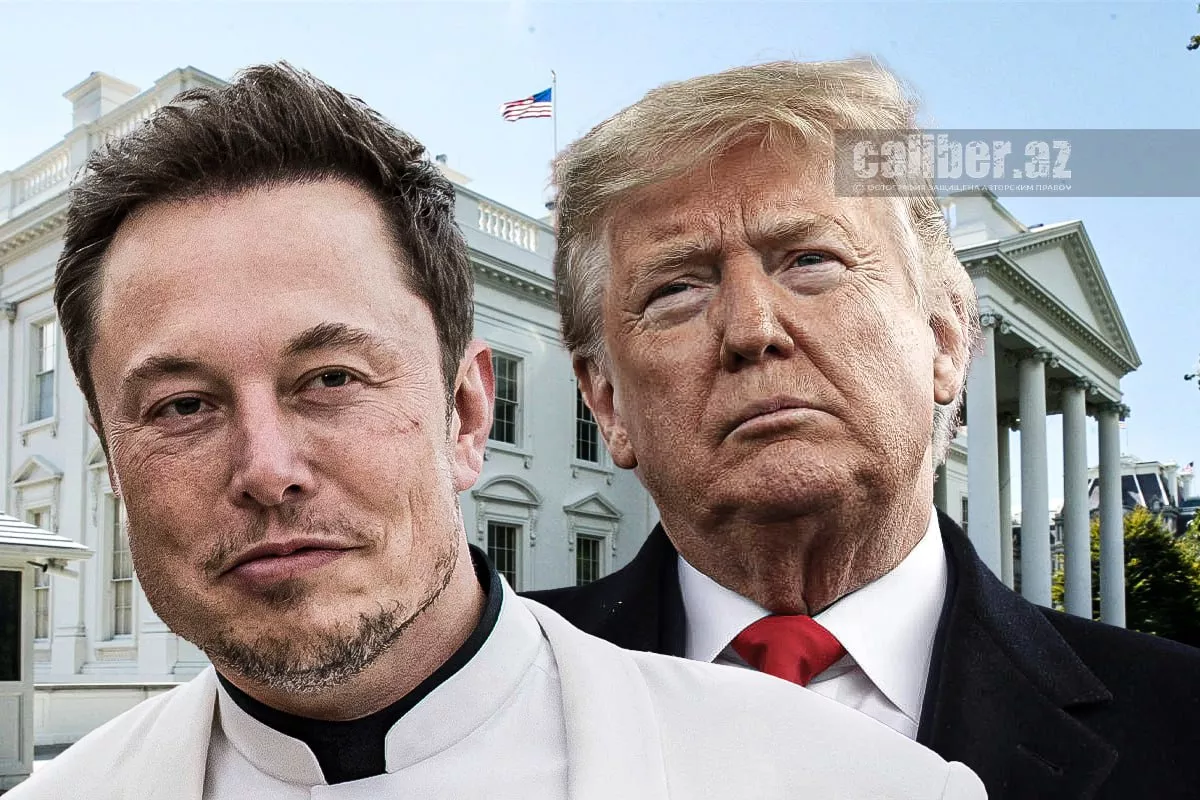Rightward shift: The end of globalization or a new world order? Nationalism reborn
The younger generation may not remember that from the 1930s until the mid-1970s, left-wing sentiments dominated the world. This was a consequence of the Great Depression, which discredited the market economic model for many years, the success of industrialization in the USSR, and the defeat of the Axis Powers in World War II. As historian Naomi Klein noted, even in the late 1970s, many prominent Western economists referred to the market reforms proposed by the Chicago School of Economics as madness. Decades later, after Ronald Reagan, Margaret Thatcher, and the collapse of the USSR, the liberal economic model became a dogma, unquestionable and beyond discussion.
However, in recent years, society in most countries has become much more right-wing than it was even fifty years ago. In the West, people distrust the state, have lost the skills of self-organization, and prefer to delegate authority to business representatives, like Elon Musk, who position themselves as "non-systemic leaders." Disillusioned with the ideas of globalization, which ended in an economic crisis, a pandemic, and the gradual decline in living standards, voters are casting their ballots for parties that preach isolationism, libertarianism, the prioritization of national interests, and the closing of borders.
Today, in seven EU member states — Croatia, the Czech Republic, Finland, Hungary, Italy, the Netherlands, and Slovakia — parties that were once considered far-right have secured positions in the government. The "Alternative for Germany" (AfD), under surveillance by German intelligence services, has been steadily increasing its electoral support and may soon be able to form a government. In Argentina, the youth are inspired by the radical reforms of Javier Milei, but, of course, a pivotal event was Donald Trump's victory in the 2024 U.S. elections. Unlike his first presidential term, Trump now enjoys the support of a significant portion of the American elites, who are inclined to abandon the old progressive course and radically reform the global order.

However, what could be the consequences of the global rightward shift for all of us? People expect "non-systemic" parties to end the "humanitarian" wars, fight migration, and prioritize national interests over global commitments. But what might they actually get?
First and foremost, the rise of the right will lead to the weakening of global political, economic, and social structures, ranging from the UN to the World Health Organization (WHO). Donald Trump has already announced his intention to withdraw from the WHO and cut significant funding to other international projects. A similar rhetoric is coming from European right-wing radicals, who sharply attack the EU and NATO institutions. In 2023, Marine Le Pen proposed declaring a Declaration on the Right of Peoples to Preserve Their Identity from the Influence of International Organizations and Transnational Corporations as a "supplement" to the UN Declaration on Human Rights.
At the same time, the Geneva Solution portal emphasizes that in certain matters, "Hard-right wingers have also been generally in favour of strengthening cooperation at the EU and global level when it aligns with their priorities, for instance, on security." For example, in 2023, Italian Prime Minister Giorgia Meloni went to the UN to gain international support on the issue of migration, as discussions within the EU had reached a deadlock. The leader of the Italian far-right bypassed the EU and directly appealed to the UN to achieve her goals, "which are, in fact, very nationalistic…and promote Christian, European values. She has said that she doesn't want Italy to be turned into Europe’s refugee camps.”

The issue of migration remains central for most far-right parties. As noted by Sandro Cattaci, a professor of sociology at the University of Geneva: "Now many of what started out as extreme right parties rooted in ultranationalist ideology, racism and antisemitism have learnt to adapt, moving closer to populism, with programmes that are constantly changing and respond to grievances left unattended by others in power. But restricting migration remains one of their raisons d’être."
Immediately after taking office, Donald Trump carried out a series of high-profile deportations of illegal migrants from the U.S., but as sceptics pointed out, the scale of the operation was significantly smaller than the deportations carried out by the Democratic Party in the past. Under pressure from the far-right, border control measures are also being introduced by European countries within the Schengen Zone.
Western media, alongside their concerns, also attempt to demonstrate some optimism, citing that as far-right parties integrate into power structures, they will abandon their radicalism. An example of this could be the far-right in Italy, which has fully integrated into European structures.
However, after Donald Trump's victory, fundamental changes began to take shape in the world: today, it is not radical politicians adapting to the rules of the game, but rather establishment figures adopting the far-right agenda, seemingly deciding that there is no other way to emerge from the prolonged crisis that has engulfed the Western world. This is evidenced by the presence of pillars of American business at Donald Trump's inauguration, publicly pledging allegiance to the new policy. Almost immediately, at the corporate level, programs promoting gender and racial identity — which have been the subject of much debate over the past two decades — began to be dismantled. European business elites are pursuing a similar policy, advocating for the dismantling of the remnants of the welfare state and calling for the rise of their own versions of figures like Musk and Milei.

The rise to power of the far-right has lifted several official and unofficial taboos that have existed since World War II. Leaders of major powers have openly discussed more or less voluntary changes to state borders and the relocation of populations. Optimists believe that Greenland will remain Danish and that Canada will not lose its sovereignty, but the boundaries of what is permissible in foreign policy are expanding to a dangerous edge.
It remains unclear what will happen to the industries of developed countries without the influx of cheap labour, without which the market economy is unable to function.
Finally, serious questions arise regarding the economic policies of the far-right, which they tend not to elaborate on in their campaign speeches. Meanwhile, radical market reforms will lead to an increase in the number of poor people and a deepening of social inequality, as clearly seen in the case of Argentina. And will the dissatisfied masses demand the rise of even more far-right forces, for whom the current right-wing parties will seem too moderate?
Perhaps the current rightward turn will remove from the agenda many issues and problems that have caused frustration over the past twenty years, but it will give rise to new, much more serious challenges.








